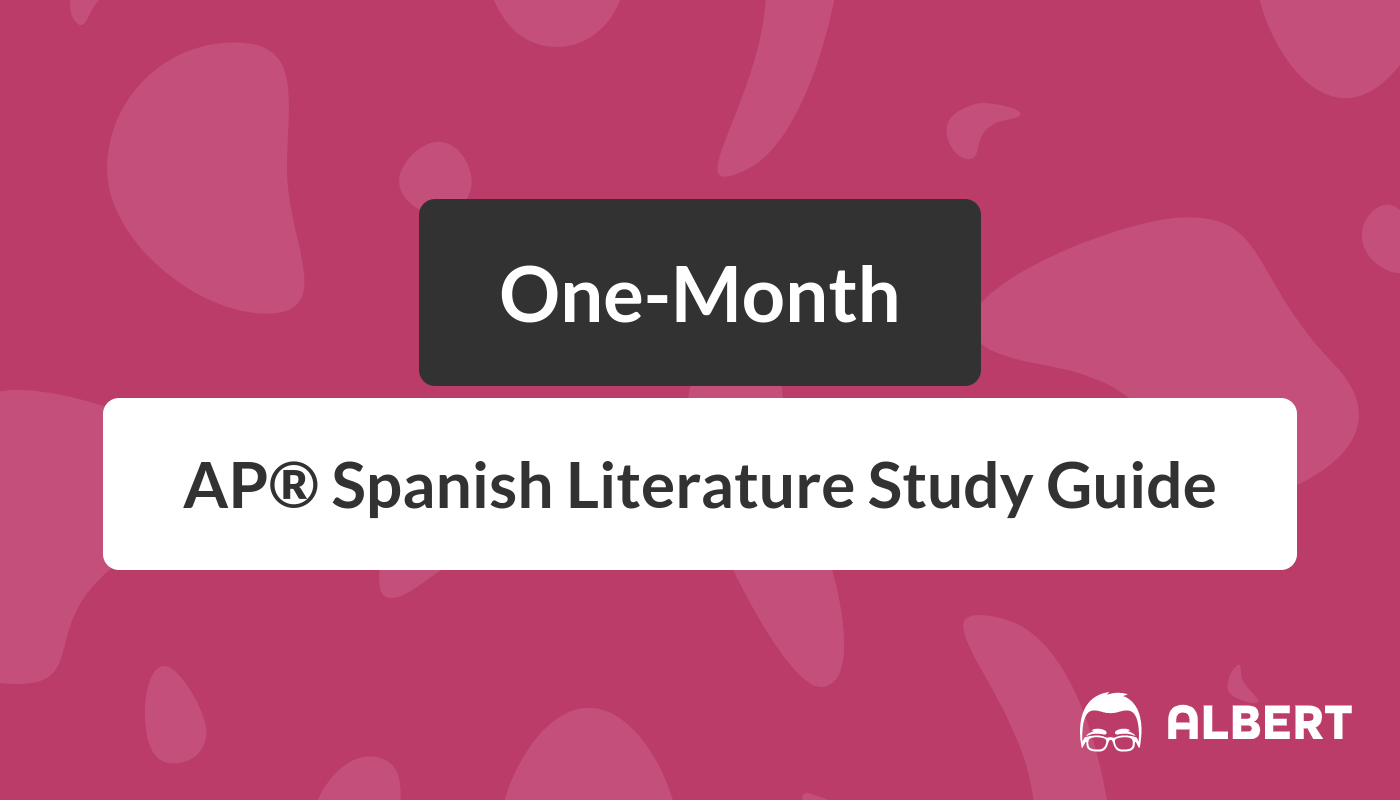World Civilizations Ap Edition Glossary Of Literary

- World Civilizations: The Global Experience 6th Edition Chapter 31 AP. EDITION THE EARTH AND ITS PEOPLE: A GLOBAL HISTORY Chapter 4 Review Social Crisis, War, and Rebellion and chapter 15 outline in Western Civilizations Book Edition 5.
- All Documents from World Civilizations: The Global Experience, Ap Edition. Chapter 9 vocab 2011-06-27; chapter 6 2017-09-12; chapter 9 2017-09-18; chapter 27 2011-07-15; chapter 10 2017-09-20.
|
This webpage is for Dr. Wheeler's literature students, and it offers introductory survey information concerning the literature of classical China, classical Rome, classical Greece, the Bible as Literature, medieval literature, Renaissance literature, and genre studies.
World Civilizations Ap Edition Third
kwheeler@cn.edu Please e-mail corrections, suggestions, or comments to help me improve this site.Click here for credits,thanks, and additional copyright information.
Welcome to AP World History. You are taking this course at a critical juncture: humanity faces global crises of epic proportions–global warming, the proliferation of weapons of mass destruction, conflict in nearly every corner of the world, the spread of disease, economic uncertainty, and an enormous gulf between rich and poor. Despite the obvious need, international organizations (such as the U.N.) have never been weaker; the forces of nationalism, separatism, violence and hatred have never been stronger. And while there are many obstacles standing in the way—ultra-nationalism, parochialism, oil dependency, burgeoning nation-state debt, population pressures and disturbing demographic trends—there are people and organizations making a difference, trying to devise solutions in a variety of areas (from organizations like the World Bank to NGOs and universities and other civic organizations). World historians are reacting to these forces as well, helping to foster habits of mind for a new age, a time when understanding global trends and cultures around the world is critically important. In short, a global outlook is critical for your generation and the world you will confront as adults. (Click here for more.)
Of course, this is an AP class. It is a difficult, fast-paced course. Here students are expected to take the initiative, to dig deeper, investigate and think critically about a range of topics. Part of that independent learning process involves this website. ALL of the units of instruction for the year are outlined on this site (on the 1st, 2nd and 3rd trimester pages–see tabs); students in this class are, therefore, expected to check the site and carefully read ALL directions. Less time on logistics will provide us more time focusing on the material and the skills and mindset of the world historian.
In terms of AP, it is a difficult test (with a 54 percent national pass rate, in 2010 it was only 48%); the list of AP topics is very lengthy (click here). Again, independence and initiative are the order of the day, as students are asked to maintain an e-portfolio–which includes a-self-designed study guide that incorporates the information form this lengthy AP list. (Click here for more details.)


Lastly, the summer reading is another example of the expectations of this course. Students must read Fareed Zakaria’s The Post American World, a provocative book that uses historical trends to look at the present and the near future. We will use this book in a number of ways (certain chapters will come into play at various times throughout the year) and his central concern, the shifting balance of global power over the next 30 years, will be the subject of a debate in class at the end of the first trimester. In other words, this is an important book in this class. A careful job with it over the summer will only help you during the school-year (when the work load tends to get crazy at WA, particularly as students take their first honors and AP-level courses, which is usually the case with students taking this AP course).
In addition to Zakaria’s book, you will need to purchase the following: Robert Marks, The Origins of the Modern World: A Global and Ecological Narrative (Rowman & Littlefield Publishers, May 2002); John Reader, Africa: A Biography of the Continent (Vintage; First Edition, September 7, 1999); AP – World History, 3rd ed (Peterson’s AP World History); and The Bedford Glossary of World History (any edition).

We will also use Peter Stearns, et al. World Civilizations: The Global Experience, Combined Volume (6th Edition) in class–I have a classroom set of textbooks that you will use throughout the year.
World Civilizations Ap Edition Glossary Of Literary Terminology
There are high expectations here. You can do it. It will take hard work. Pushing yourself in the manner outlined above will be worth it in the end (on the AP test, in future upper-level courses at Worcester Academy, in college and beyond). Welcome to the course.